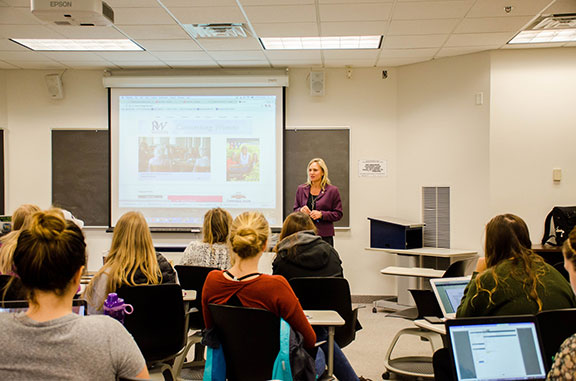Does the word public speaking scare you? Or perhaps the thought of interacting with people whom you aren’t familiar with is scary too? Well, if you’ve answered yes to either of those questions, this blog post will be of great help!
“Communication is, above all, a skill — and very few people know how to communicate effectively, naturally. It takes thoughtfulness and a lot of practice,” says Carl Alasko, PhD, a California-based psychotherapist.
Personally, when I get nervous for speeches or presentations that I have to do, I have to remind myself that nervousness is an emotion that means that I am an actual human being. So, what helps me is that if I’m nervous, I try to use that energy to be more relatable to the audience. Maybe this means to crack a joke in the beginning of my presentation? Moral of the story: do it afraid.
You’re never going to be an effective communicator every single time you talk to people. People change and adapt and so does language. Practice makes perfect! My best advice is to know your topic, your key points and a few questions to ask beforehand, and run through what you need to say so that way you’re more comfortable beforehand. Extemporaneous presentations are almost always better than presentations that are memorized – they sound less scripted and more natural!
Finally, set yourself up where you can receive constructive feedback. This is a step that most people in all organizations and career fields lack in. Being transparent and having a desire to improve will set you apart in the long run! Perhaps if you’re giving a presentation in class, have a few of your classmates write things you could improve on and things you did well down so you can read them later!
Overall, communication is a skill that constantly needs to be improved. No one is ever going to be a master communicator (well, maybe I’m just exaggerating, but I hope you see where I’m going with this). Being an effective communicator also means that you’re constantly learning and reflecting from your own mistakes and the mistakes of people around you.
Now, go forth and do your best in all your future presentations!
